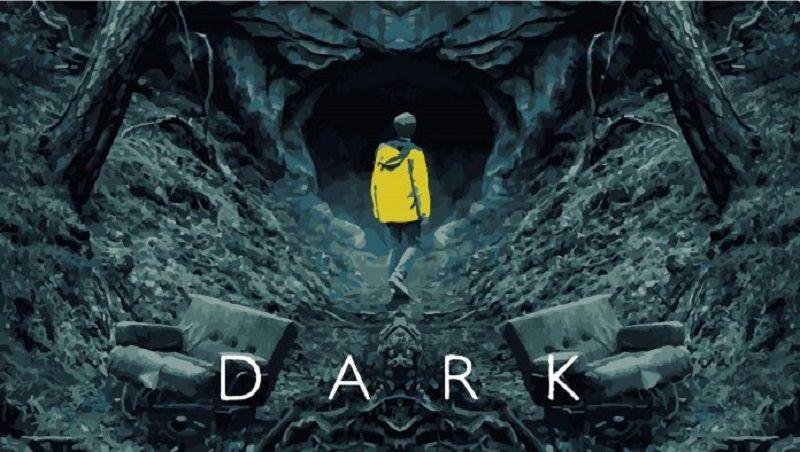Shortly after the final season of German sci-fi series Dark premiered on Netflix, fans of the show took to various internet platforms with a plea to keep the online spaces spoiler-free (remember when Game of Thrones came out?). As the inevitable leaks started trickling in, a user wrote: “Why are people worried about season 3 spoilers for Dark? I mean honestly someone could post the full script and I wouldn’t get it.”
Why are people worried about season 3 spoilers for Dark? I mean honestly someone could post the full script and I wouldn’t get it.
— dorku (@Dorkstar) June 27, 2020
The comment may have been made in jest, but it isn’t far from the truth. With its first two seasons, the series has established a reputation for successfully intertwining elements of science fiction with human drama, set in the fictional German town of Winden.

Four interconnected family trees spanning four generations are hard enough to keep track of without their members travelling across timelines. Add in the intricacies of time loop and a heavy dose of philosophy, and you get one of the most highly-rated original television shows of our time.
(Spoilers below)
The new season of the series picks up where the last episode of season 2 left off – the apocalypse. As the clock ticks to zero in Jonas’ Winden, Martha Nielsen (Lisa Vicari) arrives to take Jonas Kahnwald (Louis Hofmann) to an alternate world where the four families are similar, but untouched by Mikkel Nielsen’s disappearance or Michael Kahnwald’s suicide. Here, Ulrich Nielsen is married to Hannah Kahnwald (he and Katharina are divorced), and Martha’s family lives in what was once Jonas’ house. In this world – Martha’s world – Martha wears the yellow jacket, and it is she who travels through time to solve the mysteries of their world.
The parallels between the events and dialogues of Martha’s and Jonas’ Windens are numerous as Dark re-ups the determinism versus free will debate. Are our lives dictated by fate or by our individual choices? In the first two seasons, the assumption was that the events in Winden were triggered by the disappearance of Mikkel; but what if that does not happen? Across eight episodes, Dark invokes the familiar themes of retrocausality (i.e. how the future affects the past), time loops and biblical symbolism, but the reigning theme of this season is the power of filial ties, and the lengths to which a parent can go to ensure the safety of their child.
Considering the challenges presented by the multiple versions of the same characters and the non-linear timelines, Dark was in a real danger of ending up in a tangle of hackneyed plot lines. Creators Baran bo Odar and Jantje Friese have, however, no just steered clear of this, but elevated the groundwork they had done in the past 18 episodes. The writer-director couple, along with the incredible cast and crew, has created a masterpiece. In an IndieWire interview, Baran bo Odar revealed that one of the challenges while deciding on the actors was to not to cast people who were too distinct as it would be distracting to the Young/Teen/Old narrative – this level of attention to detail is evident throughout.
Time and again, I found myself marvelling at the ability of the casting department to find younger and older versions of actors who look as though they are related, and the stylists for incorporating clever identifiers to distinguish the same actors in different worlds. Production designer Udo Kramer and composer Ben Frost deserve a special mention for the hauntingly eerie background scores and the stellar sets that brought the different periods to life, as does cinematographer Nikolaus Summerer for the intelligent palettes that helps viewers keep track of the shifting worlds.
Dark’s ending has, expectedly, been the source of much debate. Fans of the show will note that not all threads have been tied up neatly. In art as in life, not all questions are answered and some mysteries remain such. As the end credits rolled and Nena’s ‘Irgendwie, irgendwo, irgendwann’ (‘somehow, somewhere, sometime’) played, I was reminded of what Keanu Reeves said- “We may not know what happens after we die, but we know that the ones that love us will miss us”.